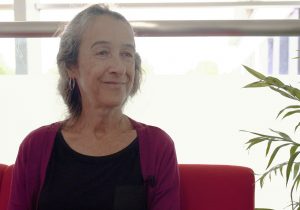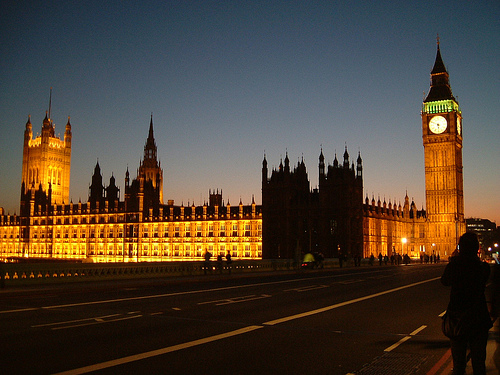
Dr Jane Roberts
The General Election will almost certainly mean the loss of a parliamentary seat for many MPs, some of whom might only have been in the role for two years since 2015. Dr Jane Roberts, Research Fellow in Public Leadership at The Open University Business School, considers the situation now facing them, drawing on her extensive research among politicians who have been defeated.
“Only two years on from the last General Election, here we are surveying the electoral battleground again. Who’s in? Who’s out? Excitement for some in the country, ennui for others. Thrill (and relief) for some candidates, but devastation for many more.
Spare a thought for departing MPs, a sizeable number. A few may have been in Parliament for barely two years, hardly enough time to get their feet under the table before being unceremoniously kicked out.
Yet their defeat is unlikely to have had anything to do with their performance as an MP. Instead, swirling headwinds around them – Brexit, one Prime Minister going and another coming, a surge of populism internationally, and a snap election – have pushed out many hard working, dedicated public leaders from the Commons far sooner than either they or their families had anticipated.
That’s democracy of course. Even those who had planned to stand down in 2020 have found themselves out of a job far sooner than planned.
It is imperative that citizens can kick out those whom they have previously elected. But do we know what then happens to individual politicians who get their marching orders? At a human level, what is the experience of losing political office? Does it affect anyone except those directly in the firing line? And anyway, does it matter?
“Very public dismissal”
In order to find out, Dr Roberts conducted a series of in-depth interviews with former MPs and council leaders (and their partners) about their experience of political exit (Roberts, 2017). She interviewed those who had chosen to go and those who had been defeated, as well as current politicians about their thinking about how long they might seek to remain in office.
For many of those who had been defeated at the ballot box, it had been a time of emotional turmoil with a profound sense of humiliation, personal failure and for some, shame. It is after all a very public, exposing dismissal. Many felt as though they had simply to disappear, for some actively avoided by (and avoiding) others. But whether politicians had stepped down or been defeated, most had experienced a period of what at best was described as dislocation.
Many had initially struggled to find a new narrative about who they were and what they did, and some had toiled long and hard to find employment. It is simply not the case – a previous Chancellor of the Exchequer aside – that there is a so-called revolving door in the UK between Parliament and the corporate boardroom. Partners were very much caught up in the turmoil, their lives certainly indirectly affected and many directly affected too, perhaps having to pull up long established roots in a constituency home.
Many former MPs, especially if they had been defeated, felt deeply hurt and angry at the lack of acknowledgement from the political party that they had served so loyally for so long. Partners expressed this most forcibly. There was a deep sense of frustration that there was so little interest in the skills, knowledge and experience gained in political office on the part of employers, the political parties, or wider civic society.
On the other hand, four former MPs who had stood down had been hugely relieved to leave Parliament, raising cogent questions about the environment into which MPs are elected …
Roberts identifies factors that might help or hinder the transition from political office and makes a series of practical recommendations – for individual politicians, their families and other institutions e.g. the political parties and IPSA.
She goes on to argue that how politicians gain office, their experience of holding office, and how they exit office all contribute to a ‘fluidity’ between those who are elected to represent and those whom they represent – essential to any healthy system of representative democracy. With exit from office made more risky than it needs to be, there may be many who choose not to put themselves forward in the first place, thus further narrowing the already restricted route into office. The perception of politicians as distant from their electorate is unhelpfully reinforced and with less churn, there are fewer opportunities for citizens to stand for political office. None of these serves citizens well.”
Find out more about Dr Roberts research.
.



